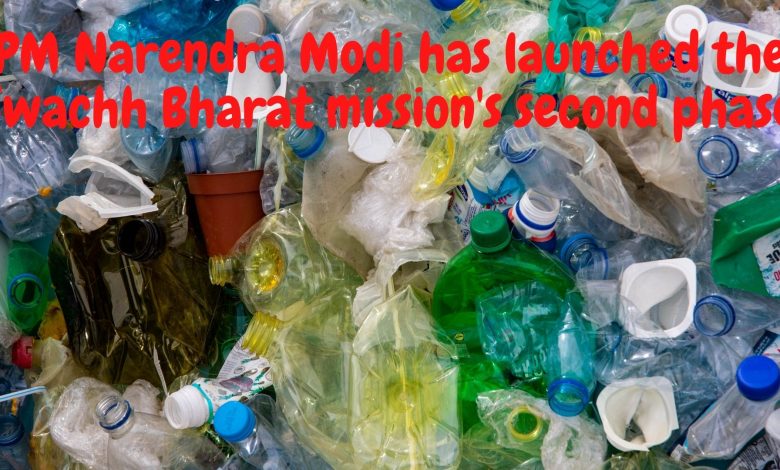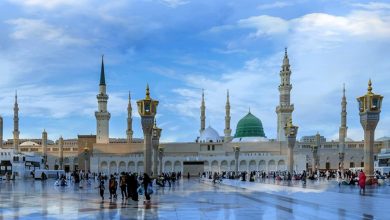PM Narendra Modi has launched the Swachh Bharat mission’s second phase

The second phases of Prime Minister Narendra Modi’s flagship Swachh Bharat mission and the Atal Mission for Rejuvenation and Urban Transformation, or AMRUT, were launched on Friday, with the schemes aimed at making Indian cities completely garbage-free and water-secure, as well as ensuring that no sewage pipes drain into rivers.
In his speech, the Prime Minister said that India has progressed from processing. Just around 20% of its daily waste before 2014 to approximately 70% now. The combined cost of the two projects was around 4.4 lakh crores.
“We must remember that preserving cleanliness is a huge campaign. For every day, every fortnight, every year, for everyone, and a continual programme from one generation to the next,” the PM added.
Swachh Bharat will focus on failsafe waste management in its second phase. While AMRUT will focus on improving sewage and septic management, as well as making all Indian cities water secure. According to the sanitation guidelines provided by the urban development ministry. All statutory towns will become at least ODF+, and all cities with fewer than 1 lakh people will become ODF++ in the second phase.
Amrut 2.0 will expand coverage from 500 cities in the first phase to 4,700 cities and towns, connecting 26.8 million urban homes to water taps. The Swachh Bharat Mission will concentrate on completing liquid waste management. In cities with populations of less than 100,000 people and removing all legacy dump sites.
A total of 4,798 local organisations have signed a memorandum of understanding with the government, according to the administration.
If we look at seven years before 2014. Modi Who took a personal interest in the Swachh Bharat mission’s success, added. We have set aside over 4 lakh crore for urban development under our government. This money was used on sanitation, waste management, and new sewage treatment plants.
“The journey of Swachh Bharat Abhiyan and AMRUT Mission has implanted pride in every countryman,” Modi said, dedicating the initiatives to Mahatma Gandhi. On Saturday, his 152nd birthday will be commemorated. He praised the missions for embodying respect, decency, people’s aspiration, and “unmatched passion for the country.”
Toilet facilities, according to the PM, have resulted in social transformations. “Previously, many women were unable to work, and many girls chose to drop out of school due to a lack of toilets.” He continued, emphasising that not only personal hygiene but also societal hygiene had improved, citing the Indian Railways as an example.
Modi also emphasised the significance of the site. The Ambedkar International Centre, because “Babasaheb believed in urban development as a tremendous means of eradicating disparity.”
“Many people from rural areas migrate to cities in search of a better living. They find work, but their standard of living remains low, even in comparison to their existence in the villages. “It’s like putting yourself at double risk by being away from home and then staying in such a tough position.”
He emphasised the need of people’s engagement in the programmes, saying. “Sabka Saath, Sabka Vikas, Sabka Vishwas, Sabka Prayas is vital” for the next phase of cleanliness.”
Suggested Read: Organic Living



